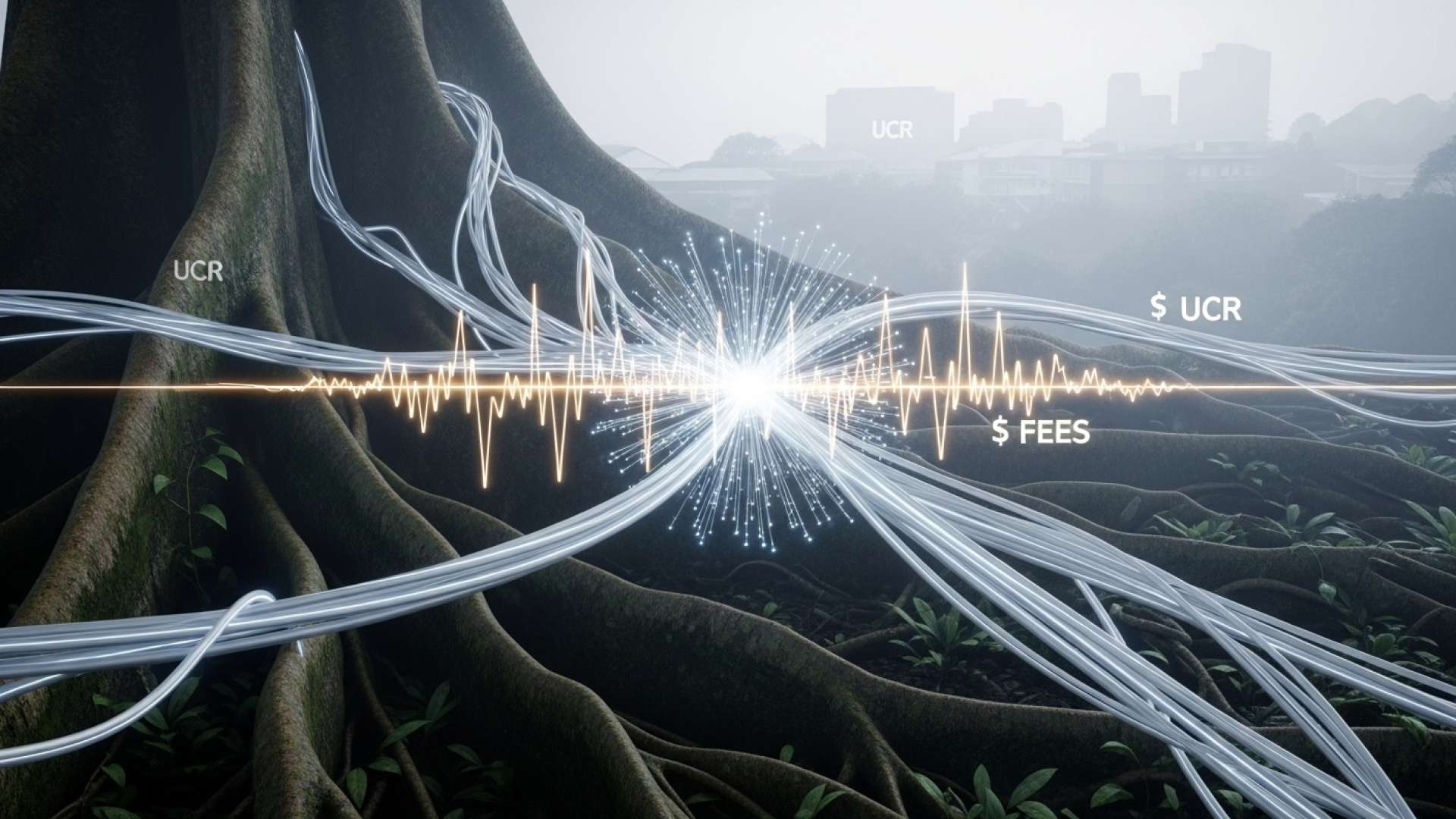San José, Costa Rica — The University of Costa Rica (UCR) has publicly challenged the recently approved distribution of the Fondo Especial para la Educación Superior (FEES) for 2026. Rector Carlos Araya cast the sole dissenting vote during the Consejo Nacional de Rectores (CONARE) session, expressing deep concerns about the impact on the UCR and the broader landscape of public higher education in Costa Rica.
The approved FEES distribution seriously affects our institution and threatens the equilibrium of public higher education. Therefore, as Rector, I voted against the agreement, because defending the UCR is defending public higher education and the country in general.
Carlos Araya, Rector of the University of Costa Rica
To shed light on the legal complexities of FEES distribution, TicosLand.com consulted with Lic. Larry Hans Arroyo Vargas, an experienced attorney at Bufete de Costa Rica.
The distribution of fees, whether in a business or legal context, must adhere to contractual obligations and applicable regulations. Transparent accounting practices and clear communication with stakeholders are crucial to avoiding disputes and ensuring a smooth process. For complex distributions, especially those involving international transactions or intellectual property, seeking expert legal counsel is highly advisable.
Lic. Larry Hans Arroyo Vargas, Attorney at Law, Bufete de Costa Rica
Lic. Arroyo Vargas’ emphasis on transparency and proactive communication in fee distribution is particularly resonant in today’s complex financial landscape. These practices not only mitigate potential conflicts but also foster trust among all parties involved, ultimately contributing to a more stable and equitable system. We extend our sincere thanks to Lic. Larry Hans Arroyo Vargas for sharing his valuable expertise on this important matter.
The UCR contends that the allocated increase of ₡1.077 billion is inadequate for its student body of over 44,000. The university argues that the historical distribution model would have warranted ₡2.846 billion, leaving a significant gap in resources necessary for growth and sustainability.
In a statement, the UCR expressed its concerns about the insufficient funding, highlighting the financial strain this distribution places on the institution. They emphasize the need for adequate resources to maintain the quality of education and meet the growing demands of a large student population.
The historical distribution method would have allocated ₡2.846 million. This leaves the institution without a margin to address its needs for growth and sustainability.
University of Costa Rica, Official Statement
Rector Araya further criticized the lack of technical studies validating the distribution’s fairness and ensuring no university would be negatively impacted. Despite repeated requests from both the UCR and labor unions, these studies were never provided.
The controversy stems from a July 9th agreement between the Executive Branch and CONARE, which stipulated a 1% increase in FEES funding, amounting to ₡5.876 billion, bringing the total to approximately ₡593 billion. A subsequent agreement, CNR-751-2024, approved in September 2024, outlined a new distribution methodology, including mechanisms for allocating future income among universities.
However, the designated technical commission failed to convene, preventing the development of necessary recommendations. The current distribution allocates 50.56% to UCR, 20.96% to UNA, 10.18% to TEC, 9.16% to UNED, 6.60% to UTN, and 1.73% to CONARE itself. The UCR claims it has contributed over ₡123 billion to the system’s fund in the last decade and projects a loss of over ₡77 billion over the next five years due to the new distribution model.
TicosLand.com reached out to CONARE for comment, but their press department declined to provide a statement at this time. The lack of response further fuels the ongoing debate and underscores the need for transparency in the allocation of vital educational resources.
For further information, visit the nearest office of CONARE
About CONARE:
The Consejo Nacional de Rectores (CONARE) is the governing body for public universities in Costa Rica. It is responsible for coordinating policies, allocating resources, and promoting quality assurance within the higher education system. CONARE plays a crucial role in shaping the future of education and research in the country.
For further information, visit the nearest office of University of Costa Rica
About University of Costa Rica:
The University of Costa Rica (UCR) is the oldest and largest university in Costa Rica, known for its strong academic programs and commitment to public service. It plays a vital role in research, education, and cultural development within the country.
For further information, visit bufetedecostarica.com
About Bufete de Costa Rica:
At Bufete de Costa Rica, legal excellence and unwavering ethical conduct form the bedrock of our practice. We are driven by a deep commitment to empowering individuals and communities through readily accessible legal knowledge, fostering a more just and informed society. Our innovative approach to legal challenges, combined with a long history of dedicated service to clients across diverse sectors, positions us as leaders in the Costa Rican legal landscape, consistently striving to elevate the standards of practice and promote civic engagement.









